
The Dead Don’t Hurt (2024, dir. Viggo Mortensen)
Certificate: 15
Running Time: 129 mins
UK Distributor: Signature Entertainment
UK Release Date: 7 June 2024
WHO’S IN THE DEAD DON’T HURT?
Vicky Krieps, Viggo Mortensen, Garret Dillahunt, Solly McLeod, Danny Huston, Nadia Litz, W. Earl Brown, Marc Dennis, John Getz, Ray McKinnon
WHO’S BEHIND THE CAMERA?
Viggo Mortensen (director, writer, producer, composer), Regina Solórzano and Jeremy Thomas (producers), Marcel Zyskind (cinematographer), Peder Pedersen (editor)
WHAT’S IT ABOUT?
In Civil War-era America, a European couple (Krieps and Mortensen) find themselves separated…
WHAT ARE MY THOUGHTS ON THE DEAD DON’T HURT?
In 1980, filmmaker Michael Cimino’s historical epic Heaven’s Gate attempted to revise what a classic Western could be, including its heavy focus on the fact that the American Old West was much more of a haven for European migrants than the all-American landscape it was often depicted as. However, the film was such a notorious bomb at the time with both critics and audiences (though it has undergone a slight critical re-evaluation in recent years) that it brought about an end to, among other things, the emphasis on the role of European immigrants in most Westerns going forward.
More than forty years later, many Westerns are still unwilling to acknowledge the historical role of Europeans in shaping the country everyone knows today, though that certainly hasn’t stopped Viggo Mortensen from setting out to do what few have the courage to do. With The Dead Don’t Hurt, the Danish actor-turned-filmmaker presents a gentle and interesting vision of life in the American West that is heavily European-centric, and that also applies to the storytelling itself which, though not without its bright spots, is European to a near-fault.
Taking place primarily in 1860s America, specifically around the West Coast, the film sees Danish carpenter Holger Olsen (Mortensen) and fiercely independent French-Canadian woman Vivienne Le Coudy (Vicky Krieps) meeting and quickly falling in love. Their life together, spent by a secluded cabin near a small town in Nevada, is cut short when Olsen decides to enlist in the Union Army, leaving Vivienne to fend for herself. That proves to be easier said than done, especially when Vivienne catches the eye of Weston (Solly McLeod), the entitled and psychotic son of powerful rancher Alfred Jeffries (Garret Dillahunt) who soon lays violent claim to her after she begins working at a local saloon. Upon Olsen’s eventual return, the two lovers must contend with the consequences of their actions, and how they are to push forward in the wake of unspeakable acts against them.
Mortensen, who also directs, writes, produces and even composes the music for The Dead Don’t Hurt, clearly has an adoration for the traditional aesthetic of the Western genre (then again, it should have been immediately obvious from the fact that there is literally a main character called Weston in the script). However, rather than lean into the romanticised visual and storytelling language of a conventional Western, the filmmaker largely steers clear of becoming the very type of movie that it is trying to subvert, with any such references within the film’s cinematography, musical score et al confined to brief revisionist shots that homage what came before while still putting its own stamp on the genre. The result is a film that certainly looks and often even acts like your typical American Western, but the ways in which Mortensen – on his sophomoric directorial gig here, after the 2020 family drama Falling – emphasises the European experience of the time, with a larger focus on characters who originally hail from all over Europe, Asia and beyond, are so refreshing and predominantly free of the jingoistic ideology that often comes with such a film, that it almost feels like a necessary radicalisation of the genre.
The European mentality, though, does extend to the script that Mortensen has penned, especially within its structure, which prevents it from reaching full satisfaction. Mortensen’s script adopts a non-linear approach, beginning at a certain point quite far in the main story, before cutting back and forth throughout the rest of the film, sometimes as far back as one protagonist’s childhood. On the surface, there isn’t anything especially wrong with having this kind of storytelling structure, so long as it adds something to the narrative that wouldn’t be possible through a more chronological approach. However, the way that it’s done here is that it reveals certain aspects of the plot perhaps a bit too early on, in addition to setting up other things that are seemingly bound to become important later on, creating not just a lack of dramatic tension when it comes to where the main romantic plot is going, but also an expectation that it’s all leading to some kind of confrontation that ultimately never happens, or at least not in as grand a fashion as it’s being built up to be. The point around which Mortensen decides to end this particular story is poetic in its ideas and visuals, but narratively is somewhat anticlimactic as you’re conditioned to expect a payoff to everything it’s been hinting towards, thus leaving you a little cheated when it concludes with a few things left dangling.
If the storytelling leaves a bit to be desired, Mortensen at least has the chops as both a filmmaker and an actor to create a film that is sweeping and expansive enough to pass as a solid piece of Western revisionism. He and Krieps share a warm on-screen connection with one another, both saying all they need to without a whole lot of dialogue, while behind the camera he displays an intriguing vision that has its own set of charms and emotions while also paying tribute to the influential and deeply cinematic gaze of the Old West. You can feel the passion from Mortensen as he tells this meaningful story and explores this culturally rich depiction of a classic historic environment, which should make it an aesthetically pleasing watch, even for those less impressed by its slightly muddled storytelling tricks.
Of course, it’s nowhere near as ambitious or even as famously disastrous as Michael Cimino’s Heaven’s Gate, but The Dead Don’t Hurt at least does what that movie couldn’t and steer the Western genre toward a more favourable, and by most accounts more accurate, vision of the Wild West.
SO, TO SUM UP…
The Dead Don’t Hurt is a visually pleasing and passionately made revisionist Western from director and star Viggo Mortensen, which is occasionally hampered by flimsy storytelling that doesn’t always follow through on its established plot strands.




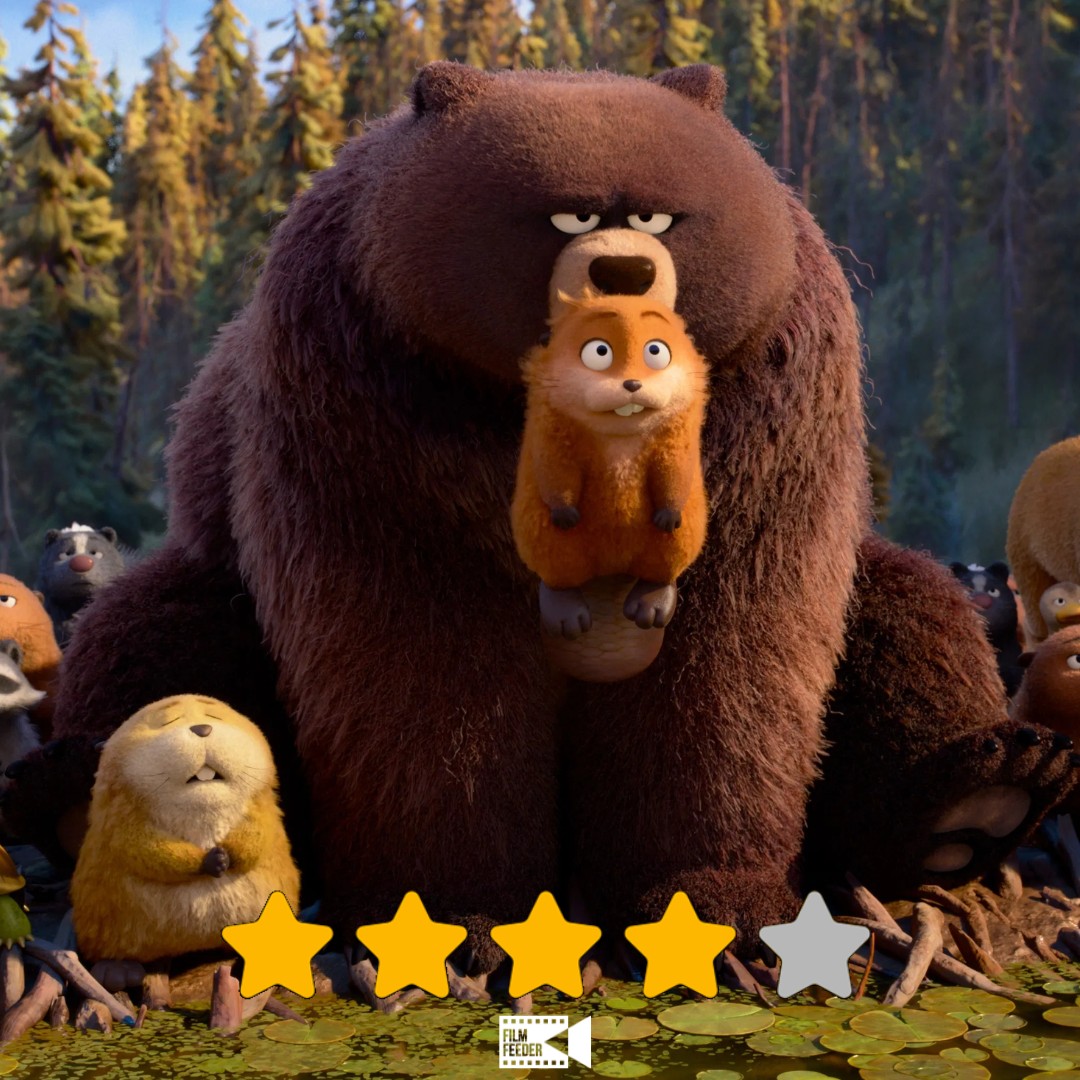
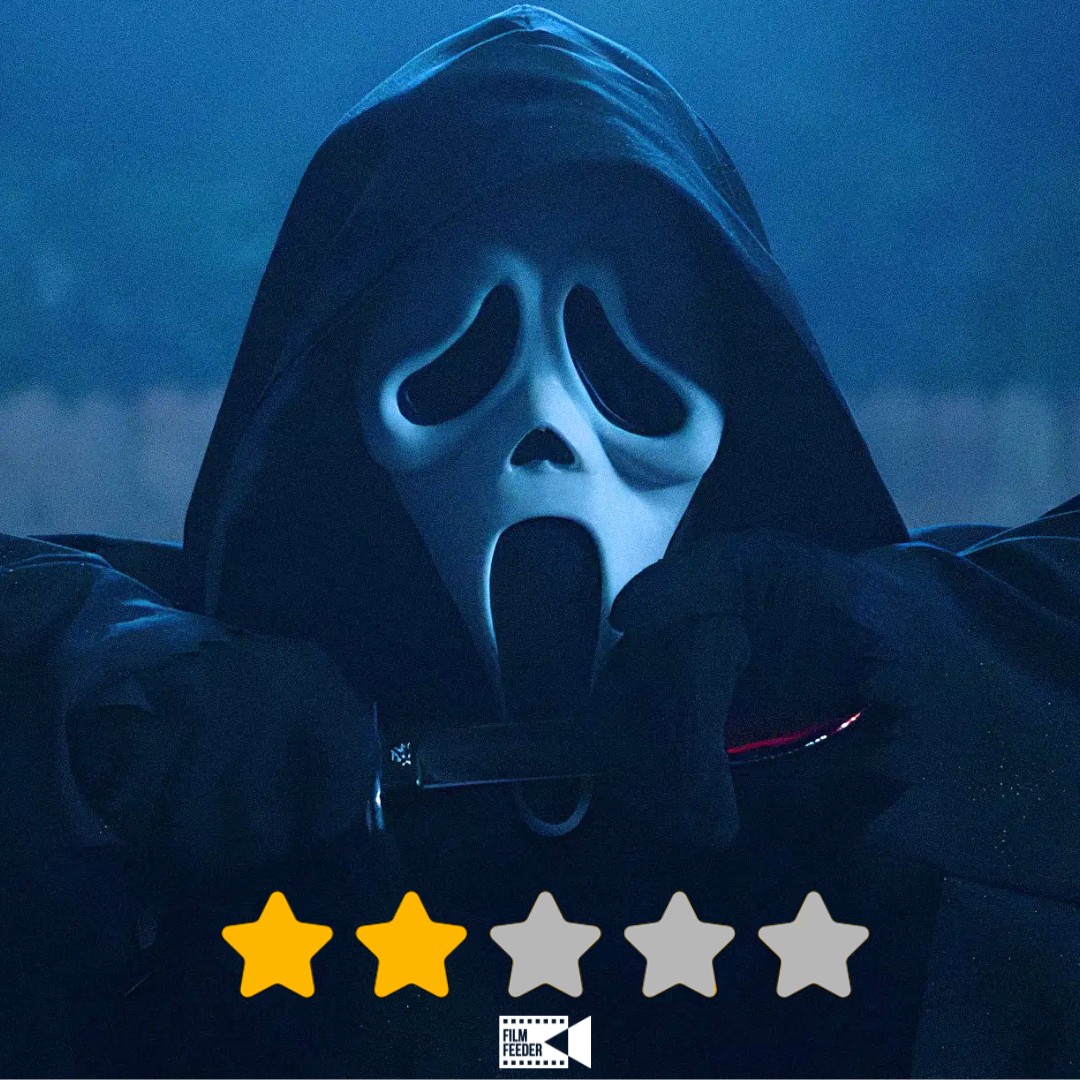
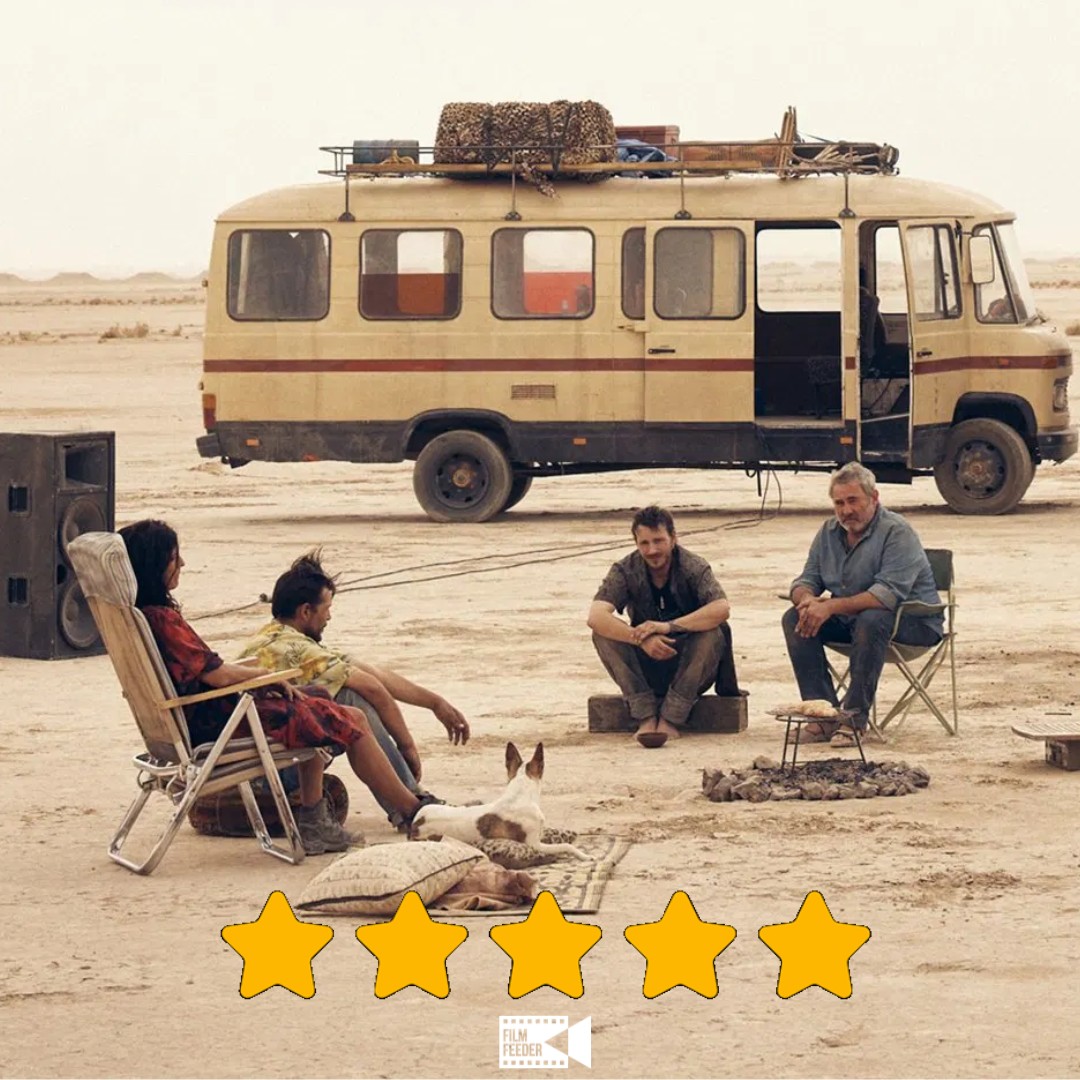
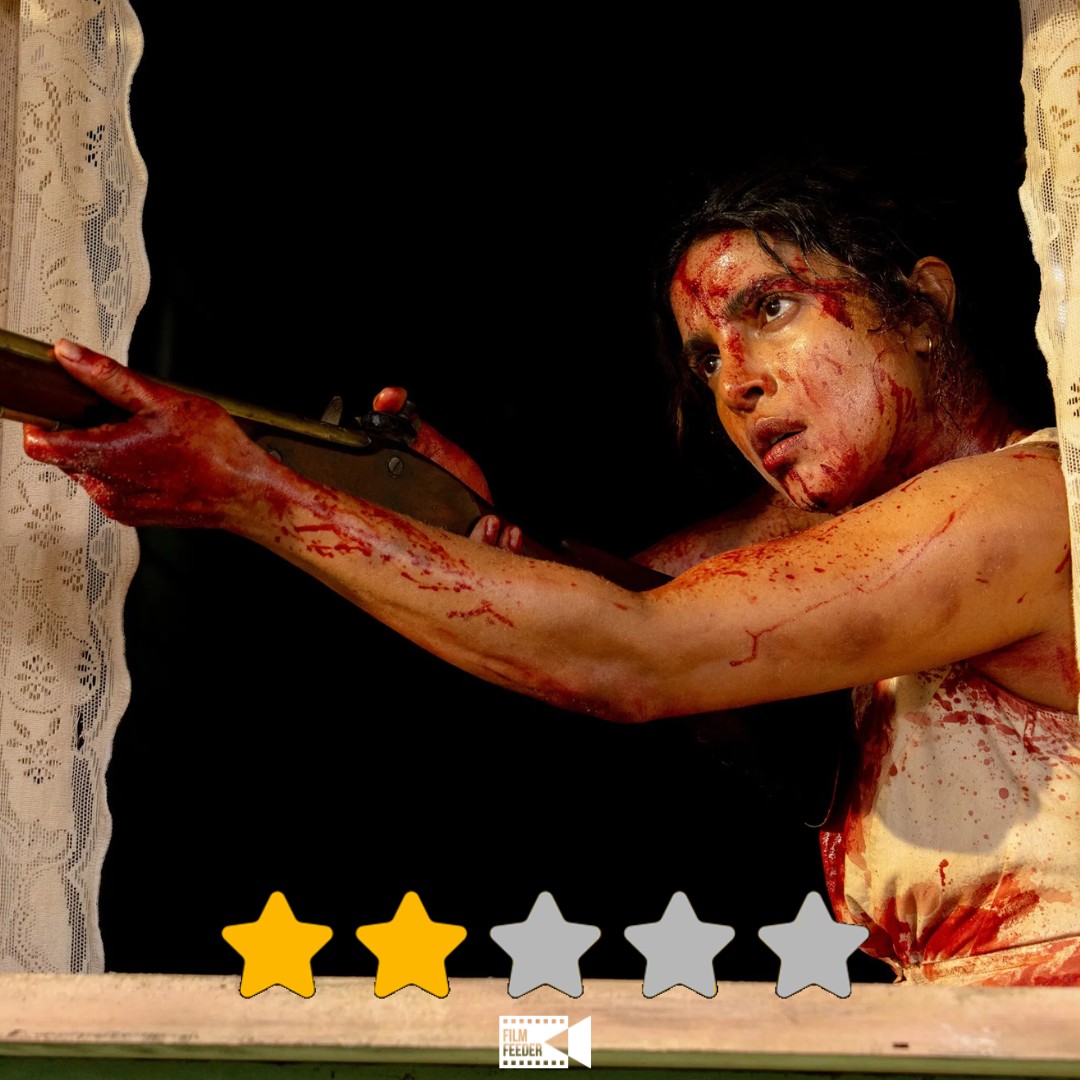
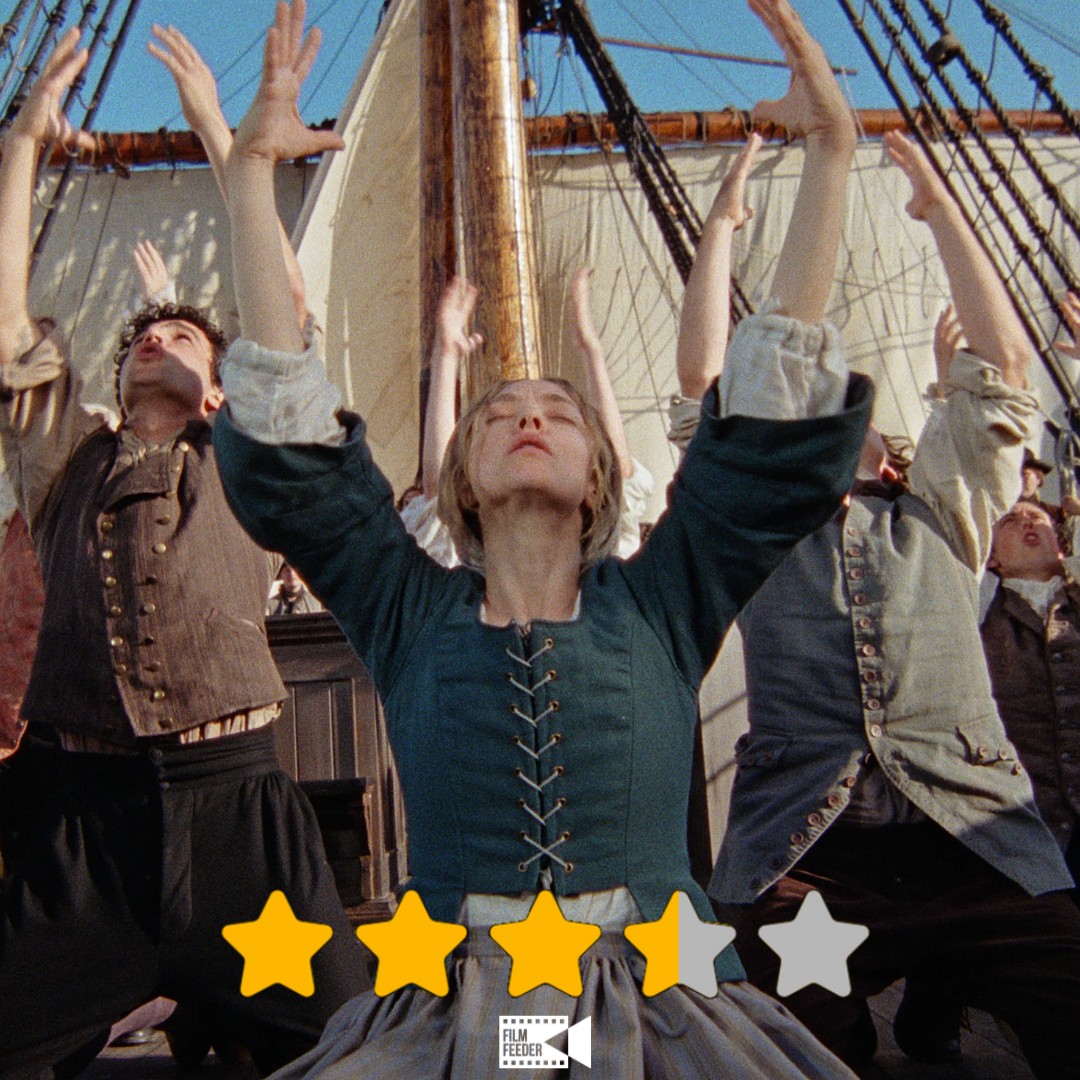
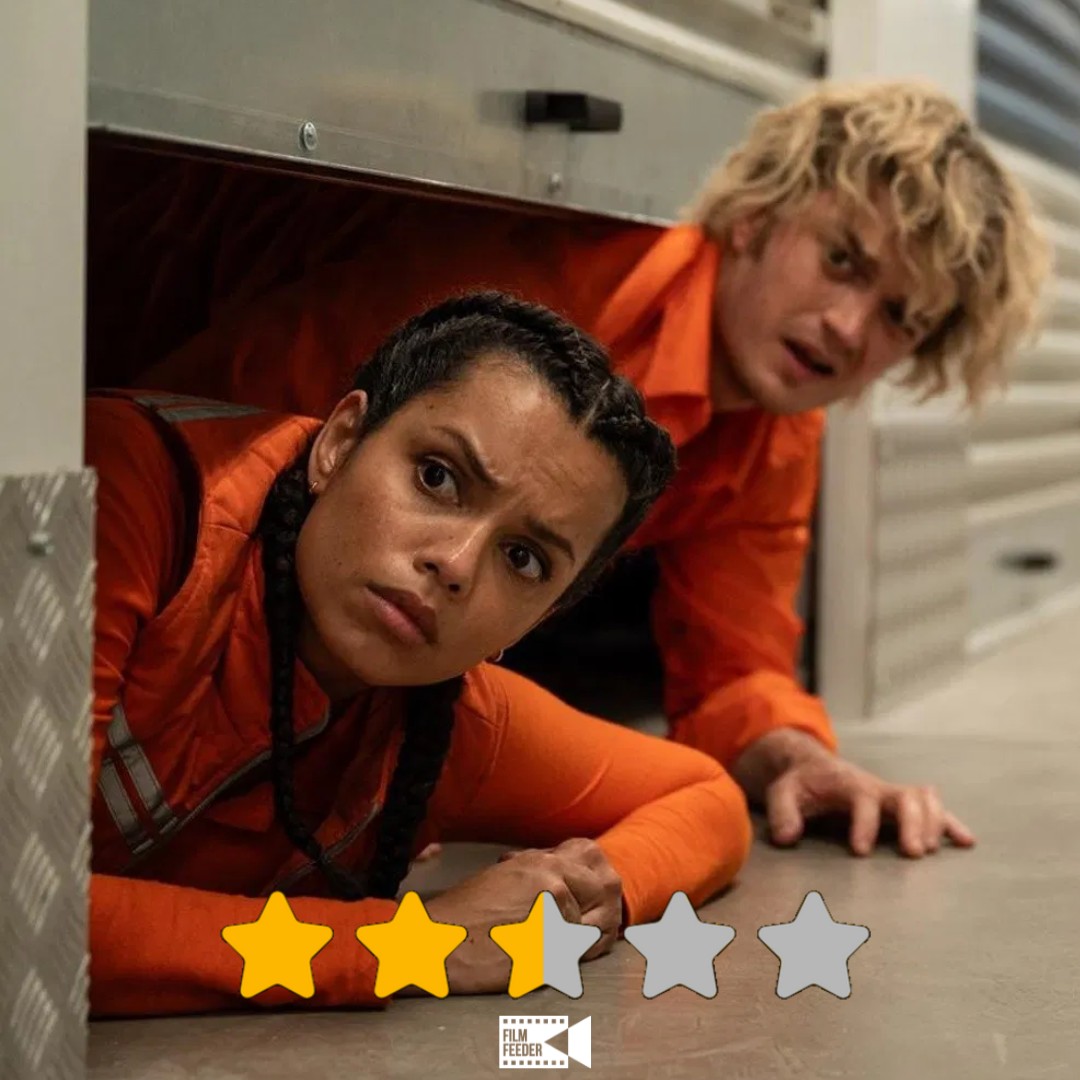
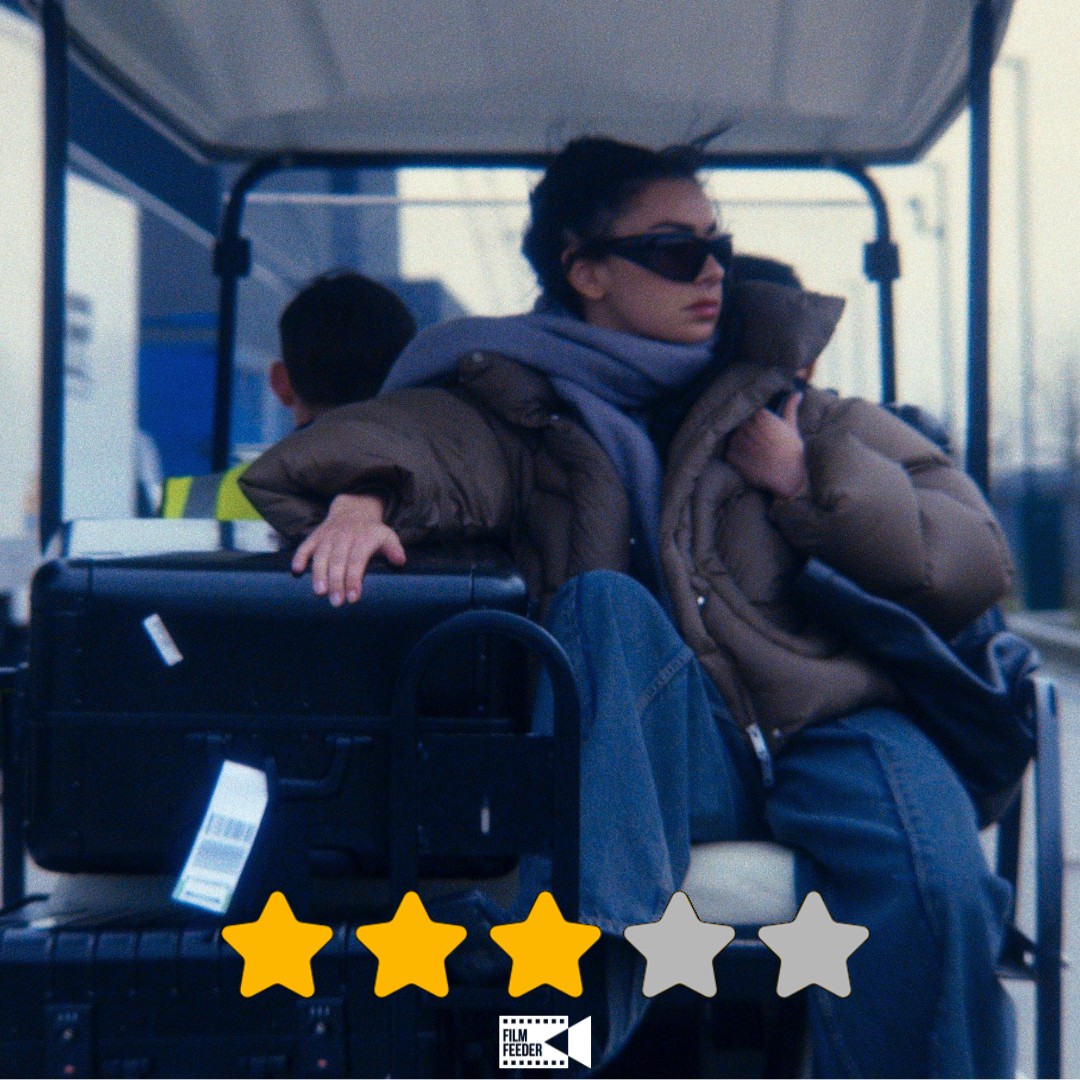
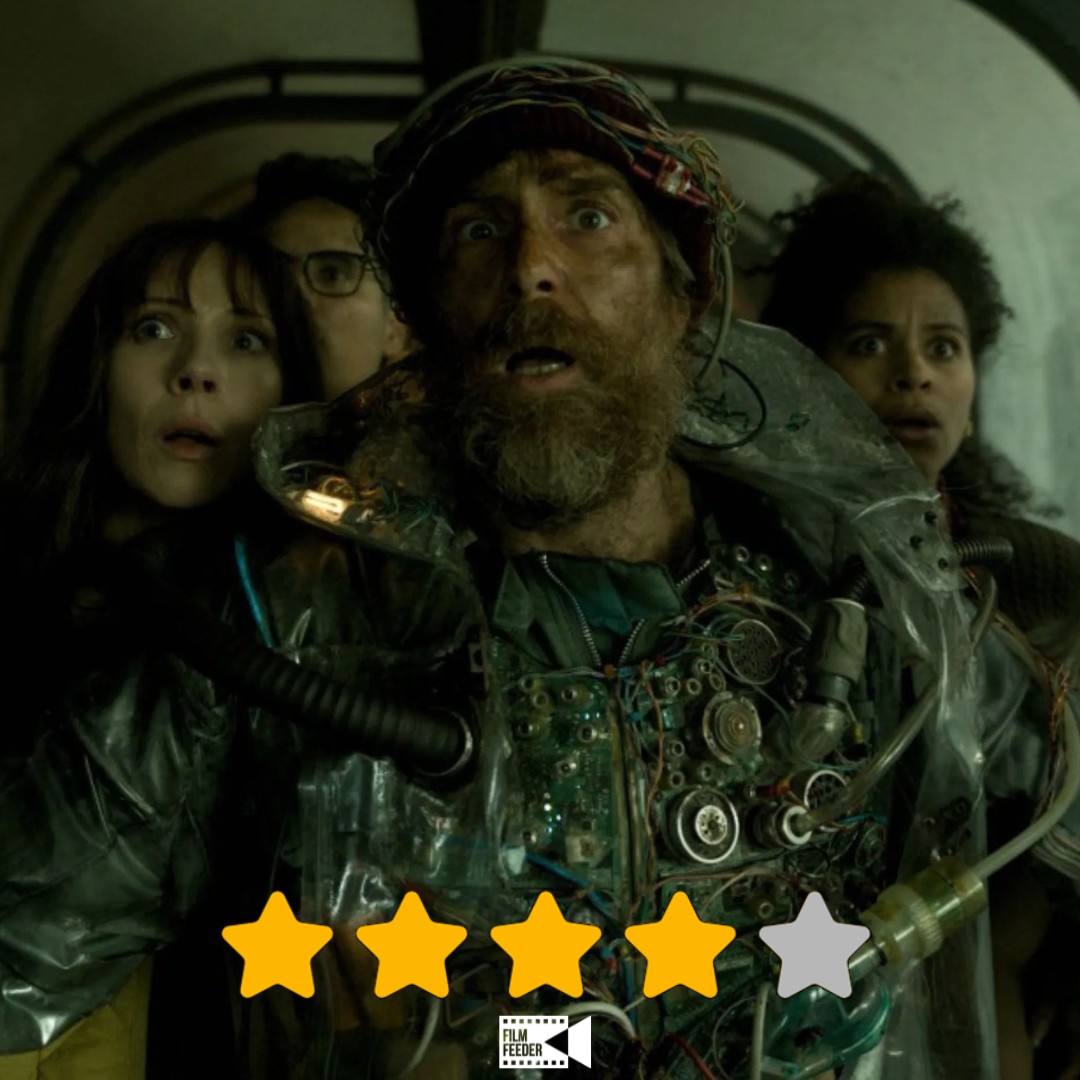
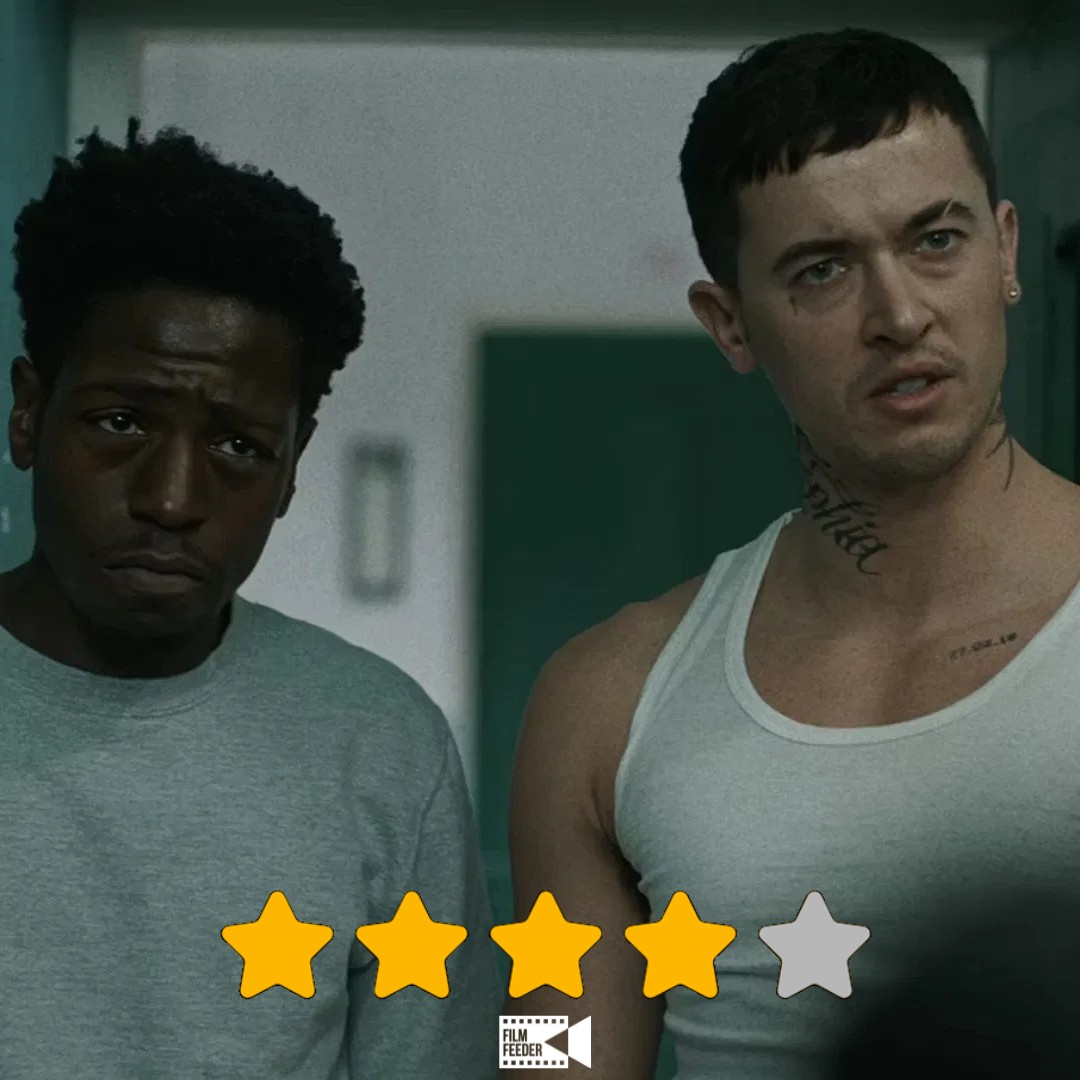
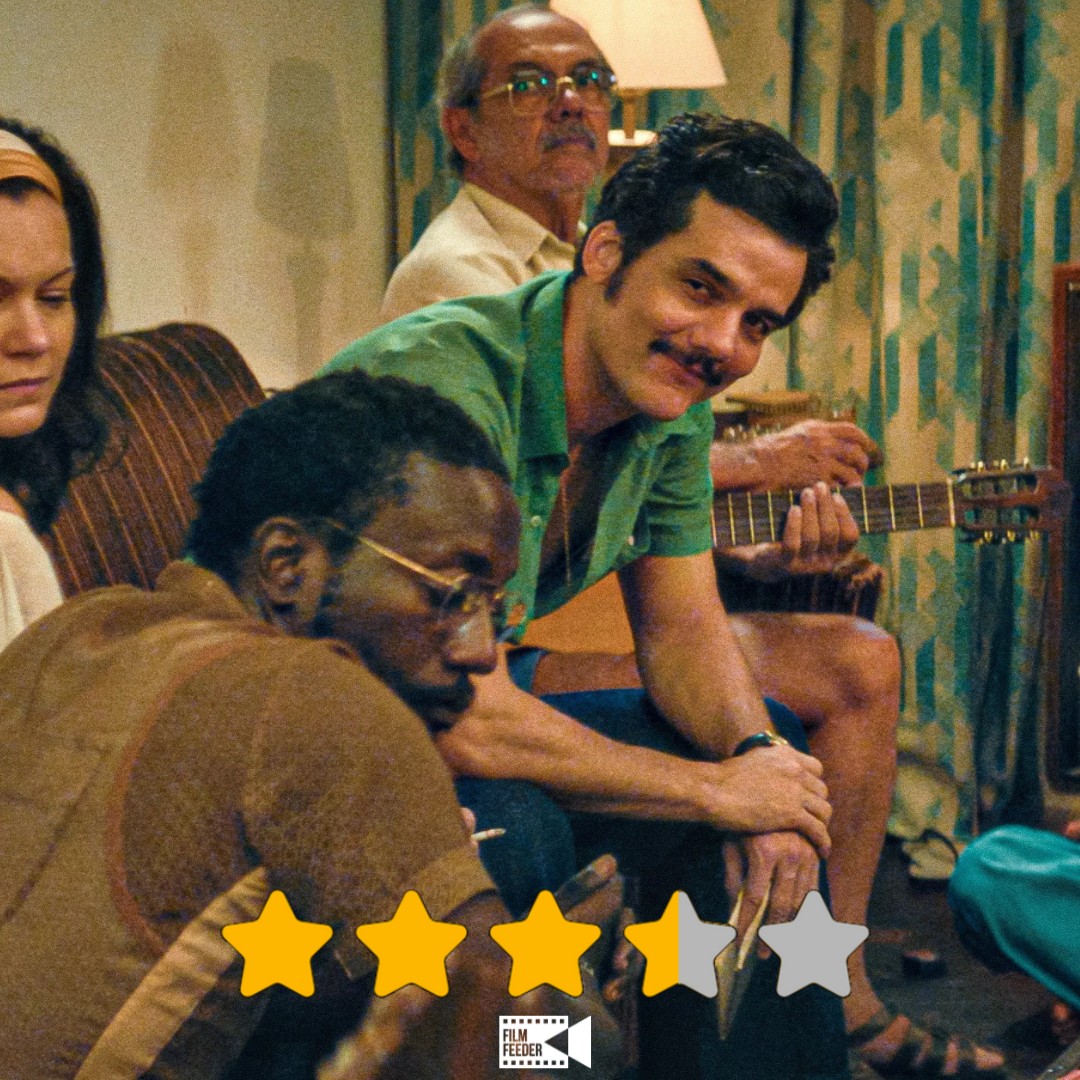
0 Comments